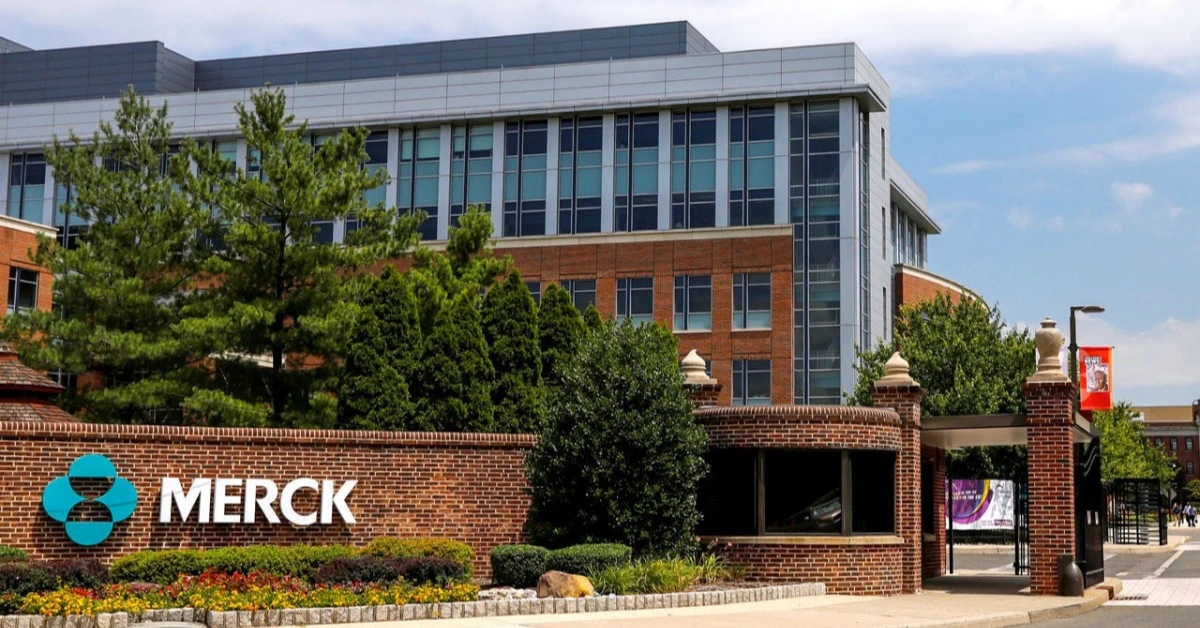
USA – Merck & Co. has entered into a research collaboration and licensing agreement with Epitopea to explore new cancer treatment targets hidden in what was once thought to be “junk DNA.”
Announced on Wednesday, the deal gives Merck exclusive rights to develop therapies based on Epitopea’s Cryptigen tumor-specific antigens (TSAs) for a solid tumour type that has not been disclosed.
This partnership revolves around Epitopea’s CryptoMap platform, which combines immunopeptidomics, genomics, and bioinformatics to identify Cryptigens—shared, non-mutated antigens derived from non-coding regions of the genome.
Unlike personalized neoantigen therapies, these targets are common among multiple patients with the same type of tumor, making them ideal for off-the-shelf immunotherapies.
“Epitopea has been at the forefront of identifying Cryptigen TSAs, whose intratumour shared nature across patients has made them ideal targets for the development of off-the-shelf immunotherapies,” said Alan Rigby, CEO of Epitopea.
A lucrative agreement
Epitopea will receive an undisclosed upfront payment from Merck, along with milestone payments that could reach US $300 million per product.
Founded in 2021, Epitopea has raised over US $45 million in funding, including a US $31 million pre-Series A round in October.
The company is gearing up to bring its first RNA-based cancer immunotherapy into clinical trials by 2026.
Merck’s strategy to expand beyond Keytruda
For Merck, this deal is part of a broader effort to diversify beyond its blockbuster anti-PD-1 therapy, Keytruda (pembrolizumab), which faces growing competition and an upcoming loss of exclusivity.
The company has been actively investing in new therapies, recently paying US $588 million upfront, with potential milestone payments of US $2.7 billion, to acquire LaNova Medicines’ PD-1/VEGF bispecific antibody LM-299.
Additionally, Merck has refined its collaboration with Kelun-Biotech, licensing the bispecific antibody-drug conjugate SKB571 while returning rights to a separate CLDN18.2-targeted program last year.
Beyond oncology, Merck is also expanding into high-growth areas like obesity. The company recently secured rights to Hansoh Pharma’s preclinical oral GLP-1 receptor agonist for an upfront payment of US $112 million, with potential milestones reaching US $1.9 billion.
XRP HEALTHCARE L.L.C | License Number: 2312867.01 | Dubai | © Copyright 2025 | All Rights Reserved